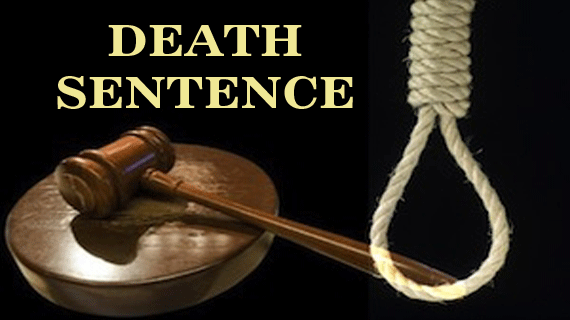An Egyptian military court handed down death sentences on Thursday to 17 people convicted in a series of fatal attacks on Christians that started in December 2016 and left more than 80 people dead and 150 wounded.
Egyptian state media said the defendants were accused of belonging to the Islamic State and of plotting attacks against Christian churches and a police checkpoint. Egypt has faced a wave of Islamic militancy since the 2013 military overthrow of Mohamed Morsi, the Muslim Brotherhood leader who had been elected president, and the subsequent crackdown on his supporters.
Nineteen other defendants were given life sentences on Thursday, nine were given sentences of 15 years, and one received a 10-year term. The sentences can still be appealed.
The attacks began in December 2016, when a suicide bomber entered the St. Mark’s Cathedral compound in Cairo, killing 29 people. Then, on ِPalm Sunday in April 2017, suicide bombers attacked two Coptic churches in northern Egypt, killing 45 people and injuring dozens more. Both attacks were later claimed by the Islamic State. A third attack occurred in December 2017, leaving nine dead.
The government’s response to the attacks under President Abdel Fattah el-Sisi, who took power in 2014, has often involved mass trials and death sentences. Human rights groups say that the military trials are unfair to defendants and that death sentences are being handed out indiscriminately as a deterrent to further attacks.
This year, several Egyptian nongovernmental organizations released a joint statement noting that 39 people had been executed between December 2017 and March 2018 — including at least 19 in one week in January — and expressing concern that the executions were retaliation for unrelated attacks.
Najia Bounaim, the North Africa campaign director for Amnesty International, said that mass death sentences, such as those on Thursday, that were handed down after “grossly unfair” military trials did not serve justice and would not prevent more attacks.
Amnesty International said in a statement on Thursday that all personnel in military courts, including judges and prosecutors, are serving members of the military who report to the Minister of Defense and are untrained in the rule of law or fair-trial standards.
Sara el-Sherif, of the Egyptian group No Military Trials for Civilians, said defendants in military courts typically had no access to their lawyers, who themselves could not view the case files. “Military trials take injustice a step further beyond lousy civilian trials,” she said.

